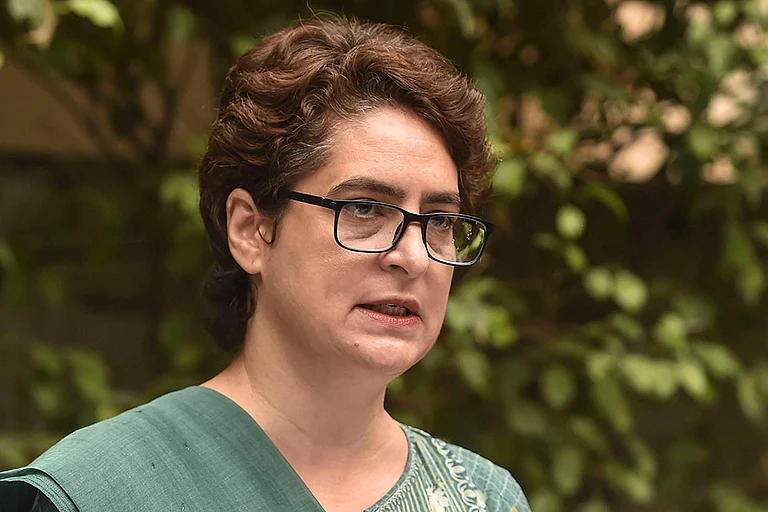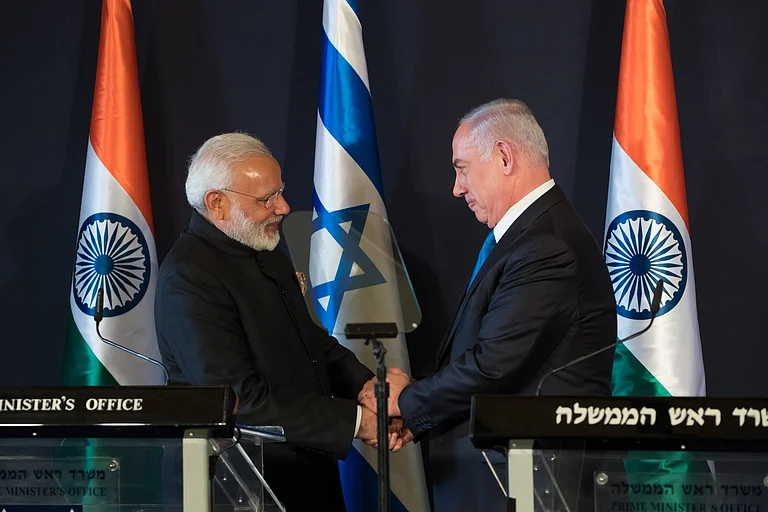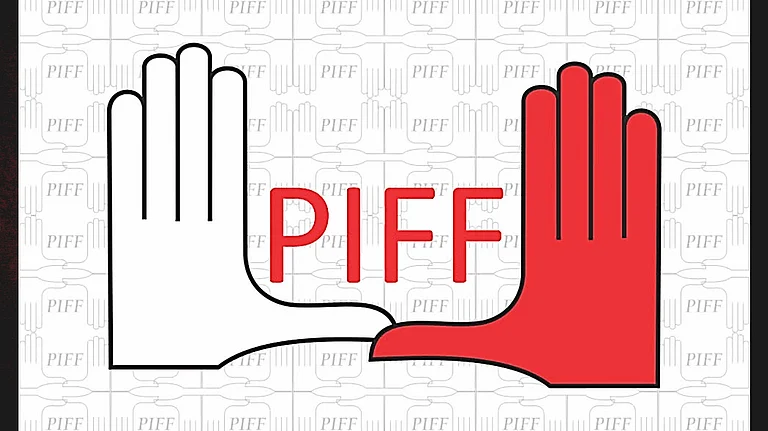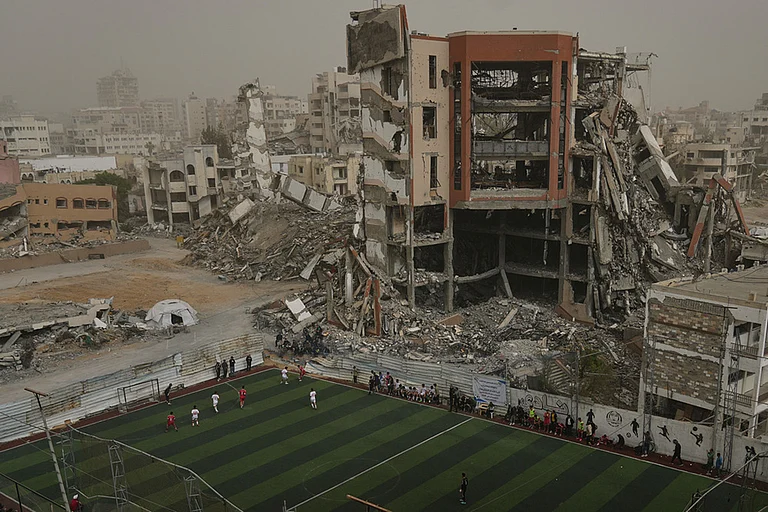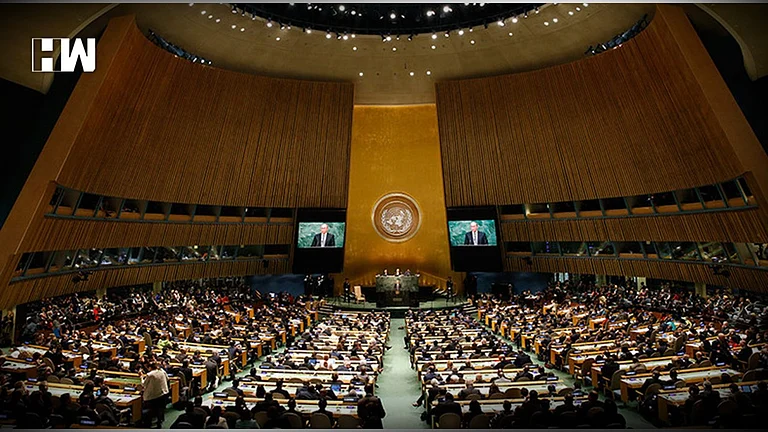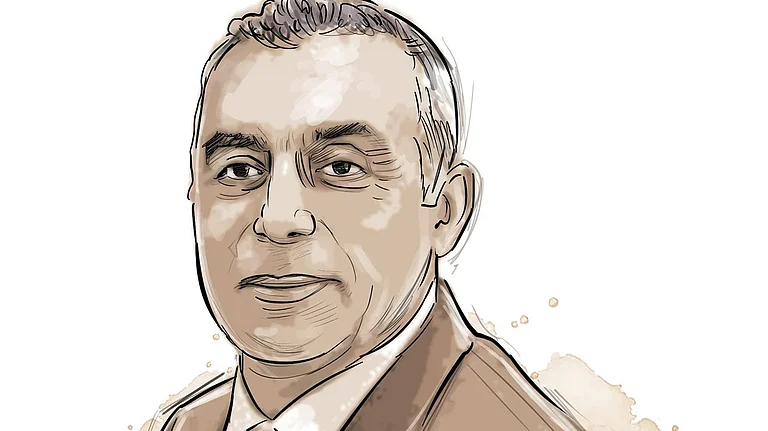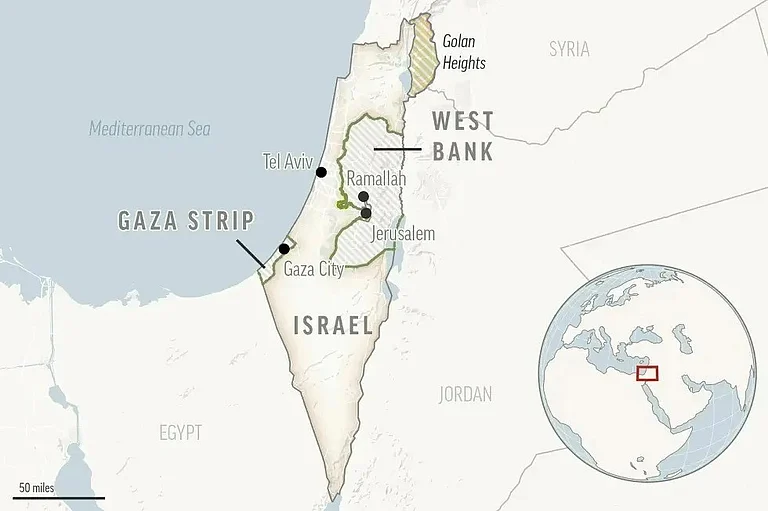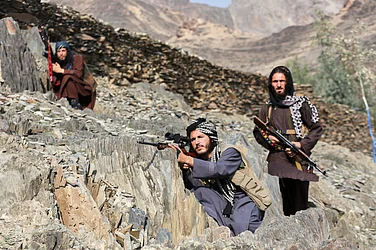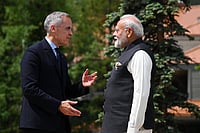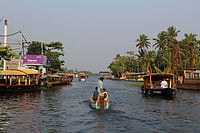
Palestine has gained recognition from many countries, but practical and sustained international actions—such as sanctions or boycotts—are essential to make real progress.
· Mahmoud Darwish’s legacy inspires resilience and hope: The Palestinian poet’s words emphasise that life in Palestine deserves to be lived fully, inspiring Palestinians to persevere despite hardships.
Seventy-seven years after the Nakba, the State of Palestine has been recognised as a sovereign nation by 157 of 193 UN member states—accounting for 81 per cent of the international community.
Welcoming this recognition of the State of Palestine by France, Canada and the United Kingdom, among other countries, Palestine’s Ambassador to India, Abdullah Abu Shawesh, described it as the result of an accumulative effort.
“You cannot isolate the recognition of the State of Palestine from the 149 countries (now 157) that have already recognised it,” he said.
This September, India also supported a UN General Assembly resolution endorsing the ‘New York Declaration’ on the peaceful resolution of the Palestine issue and the implementation of the two-state solution.
He emphasised that Palestine is progressing toward its freedom “step-by-step” and noted that “tens of thousands of these steps have already been accomplished”. Acknowledging the challenges ahead, he added, “We know who’s standing against us―the Zionist movement.”
Shawesh also highlighted the growing international solidarity with Palestine. “The international community and the world are aligning itself with Palestine, with our question, with our cause,” he said.
Last week, after the announcement of the aforementioned recognition, Israeli Prime Minister Benjamin Netanyahu delivered a sharp criticism of the recent recognition of a Palestinian state during a confrontational speech at the UN General Assembly. As he spoke, protesters opposing Israel’s military campaign in Gaza gathered at the Times Square, outside the venue. Meanwhile, inside, officials and diplomats walked out, leaving large sections of the conference hall noticeably empty.
Netanyahu condemned the recognition as a “mark of shame”, claiming they send a message that “murdering Jews pays off”.
During his speech, Netanyahu highlighted Israeli military operations over the past year targeting Hezbollah in Lebanon, the Houthis in Yemen, Hamas in Gaza, and Iran itself.
He even thanked US President Donald Trump for American involvement in the June bombing of Iran’s Fordo nuclear site―drawing a parallel between Hamas’ attack on Israel on October 7, 2023, and the 9/11 attacks on the US.
However, despite Israel’s continued stance on “self-defence”, the country is facing intense international pressure over its actions in Gaza, highlighted by the UK, France, Canada, Australia, and other nations officially recognising a Palestinian state.
As for India, it became one of the first countries to recognise the Palestinian state in 1988. In 1996, India established its Representative Office in Gaza, which was relocated to Ramallah in 2003.
However, Shawesh stated that “Israel is customised”.
He emphasised that this wave of recognition is important, “but not sufficient—necessary, but not sufficient—because Israel is used to these kinds of moves”.
He explained that Israel anticipates such responses will lose momentum over time. “They know that after a few years, the stance of these countries won’t be as strong. They’re playing with time and they are professional in doing so.”
To make this wave truly meaningful, it’s time for the international community to take practical steps, he said. “And when we talk about practical steps, we should look at how the European Union (EU) responded to Russia—imposing, as of now, nearly 30,000 different types of sanctions.”
Some countries have taken certain sanctions and measures against Israel, but what we need now is for EU countries in particular—and the international community as a whole—to take concrete, meaningful action. “We call for a boycott of the Israeli occupation,” he said. “It’s time to see very real steps taken toward that goal.”
Speaking about Trump’s first term and the USA’ role in the current war, he said that the US, in 2017, moved its embassy to Jerusalem and recognised Jerusalem as the eternal capital of Israel and the Jewish people.
For Trump’s second term in office, the ambassador quoted Nelson Mandela. “He taught us a very important lesson, reminding us not to judge people based on their rhetoric, rather on their actions and how they behave toward our struggle.”
At the very beginning of Trump’s second term, “He declared another war crime—not just a plan—that Jordan and Egypt should take the Palestinians to their countries, take ownership of Gaza, and build a Riviera there.”
“This is not opinion, this is their behaviour,” he said.
Reflecting on the path forward, he stated, “If you want to go fast, you can go alone. But if you want to go far, we have to go together,” underlining that Palestinians will not lose hope.
Born and raised in the Nuseirat refugee camp in Palestine, Shawesh said, “Being from a refugee camp is a very important part of me.” He recalled growing up hearing stories about Barga, his family’s original village in historic Palestine, and how his grandparents had been expelled from there.
He still carries with him the original title deeds and the keys to his native home.
“As a Palestinian, you are born realising the monitoring of the Israeli occupation, and I, like all other Palestinians, had internalised it,” Shawesh said.
He was 39 when he took his first flight, an experience he recalls as one of the happiest moments of his life, saying that receiving his identity card was the first time he truly “smelled freedom”.
“I was in Atara, and I went to the Israeli checkpoint. I wanted to see if they would check me, so I crossed it back and forth. It was not because I am arrogant, but because I wanted to feel that I’m free.”
Shawesh described his journey to becoming an ambassador as something that happened by chance. After earning a degree in economics from Birzeit University in the West Bank, he aspired to become a professor. However, in 2014, he was assigned to the United Nations. Later, the President of the Palestinian National Authority Mahmoud Abbas appointed him as an economist in Nigeria, where he worked on bilateral sustainable development initiatives.
However, once the war started, his role was transitioned to a diplomat, and eventually paved the way for his current role as Palestine’s ambassador to India.
Having lived and acquired his education in the West Bank, he said that Ramallah became the centre of his life.
“I got married there, but from 1992 until 2009, the Israeli occupation considered me an infiltrator—simply because I was from Gaza and living in the West Bank.”
His position has come at a heavy personal cost. Living far from his family, he was unable to return to Gaza to see his father during his final days—forced instead to say goodbye over a phone call.
“I have a very large family in Gaza, and they are still there. I have lost hundreds of relatives, sadly.”
Drawing a parallel with Indian culture, he said people in Gaza take care of their elderly in their families. “I believe it’s a similar tradition here—we don’t send our elders to care homes.” He now looks forward to retiring and moving back to the West Bank, and hopes for a better future for Palestine.
Even today, life goes on in Gaza, he said. “Life is a matter of resilience for us, and life is a matter of love. We will do everything we can to ensure that the next generation has hope.”
“As Mahmoud Darwish said—and though I’m not a professional translator—‘On this earth, there is something that deserves to live’,” he said, or simply put, in this very land, life deserves to be lived.








